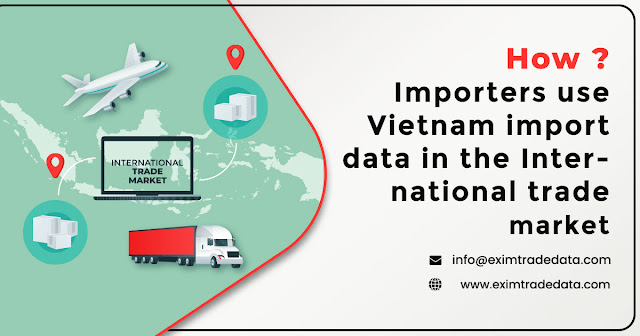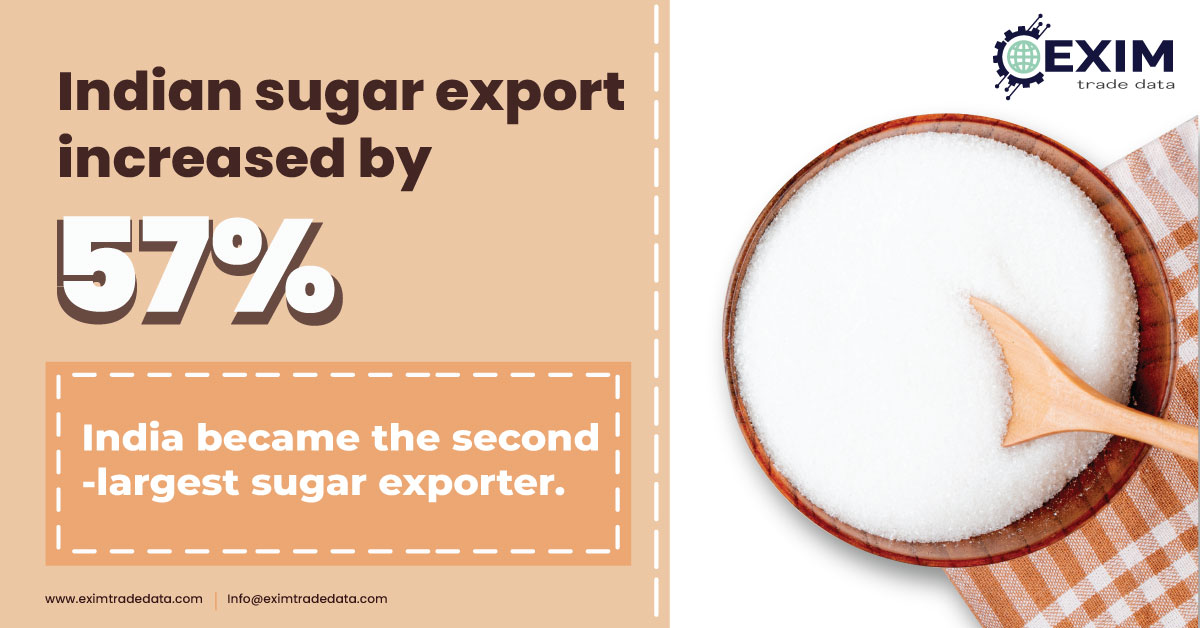How importers use Vietnam import data in the international trade market.
As we all know that during a covid pandemic when other countries are fighting to earn even a short amount of money at that time Vietnam is leading the trade market and had grown by 2.9% which is the highest growth percentage in the world in terms of trading.
All that miracle happens just because of “data”. Basically, data is the key to success. Those who want to build their business in the import-export market must have to know the value of data.
Importers use Vietnam Import Data in the international trade market to know the actual market needs and data helps them to grow their business as much as possible.
Exim Trade Data offers import Data for Vietnam based on information gathered from import bills, which are a collection of customs information for Vietnam. It contains all the details on cargo shipments that arrive in Vietnam. Let's examine the definition and advantages of Vietnam import data in detail.
What is Vietnam Import Data?
Vietnam import data is a collection of details on all imports that occur during this year. It aids in analyzing each and every trade in the worldwide import industry and aids in comprehending trade market trends and commodity demand. With the use of import data, dealers can achieve enormous financial success and develop their businesses to new heights.
The community of importers needs the most reliable import data in order to get all the details and information about all the products being bought & sold on the international market which can be extremely important to the growth of their businesses. The following justifies why Exim Trade Data Vietnam Import Data is the best in the world.
Who may use the Vietnam Import Data?
Vietnam import data is useful for all those people who want to build their business in the import-export sector but still, we mention some names below who use the data most -
1)
Research Agencies - By
learning the top position in the international trade market as a prominent data
service provider company, they can draw fresh insights and more accurate market
conclusions and update their data on a monthly basis.
2) Logistics
Companies - data is the essential part of their business,
with the help of data they can find the active buyers & suppliers who are
interested in their products.
3) Foreign
Exporters - data helps them to find the active
buyer who is ready to buy their products and they also have the choice of
buyers because in data they get a sheet of lakhs of active buyers.
4) Vietnam Importers - data is beneficial for the Vietnam importers in the form of importing products from a foreign entity, with the help of data they can be able to find the exporter who is ready to export their products at very affordable prices.
Who collected the Vietnam import data?
The collection of Import Data is being done by the authorized customs government department and Exim Trade Data has a direct connection with the Vietnam custom Department and their AI System collect the raw data and compile that raw data into the well customize database. So that the client who is buying the Vietnam import data can understand it easily.
Sample data of Vietnam Import Data
|
Date: |
1/14/2021 |
|
HS Code: |
85189040 |
|
Product Details |
Lid speaker casings used to produce mobile phone Speaker (COVER
D90009-0) |
|
Quantity: |
4600 |
|
Quantity Unit: |
PCE |
|
Value($): |
183.08 |
|
Country of Origin: |
China |
|
Country of Destination: |
Vietnam |
|
Port: |
HA NOI |
|
Importer: |
******** |
|
Exporter: |
******** |
Conclusion -
in this blog we give you enough information why importers use Vietnam Import data, apart from Vietnam
importers others who are using that data, sample data, and so on. If you want
to know more about the Vietnam trade data reach out to us at info@eximtradedata.com, call us at tel:+91-9625812393, or visit our official website Exim
Trade Data



Comments
Post a Comment